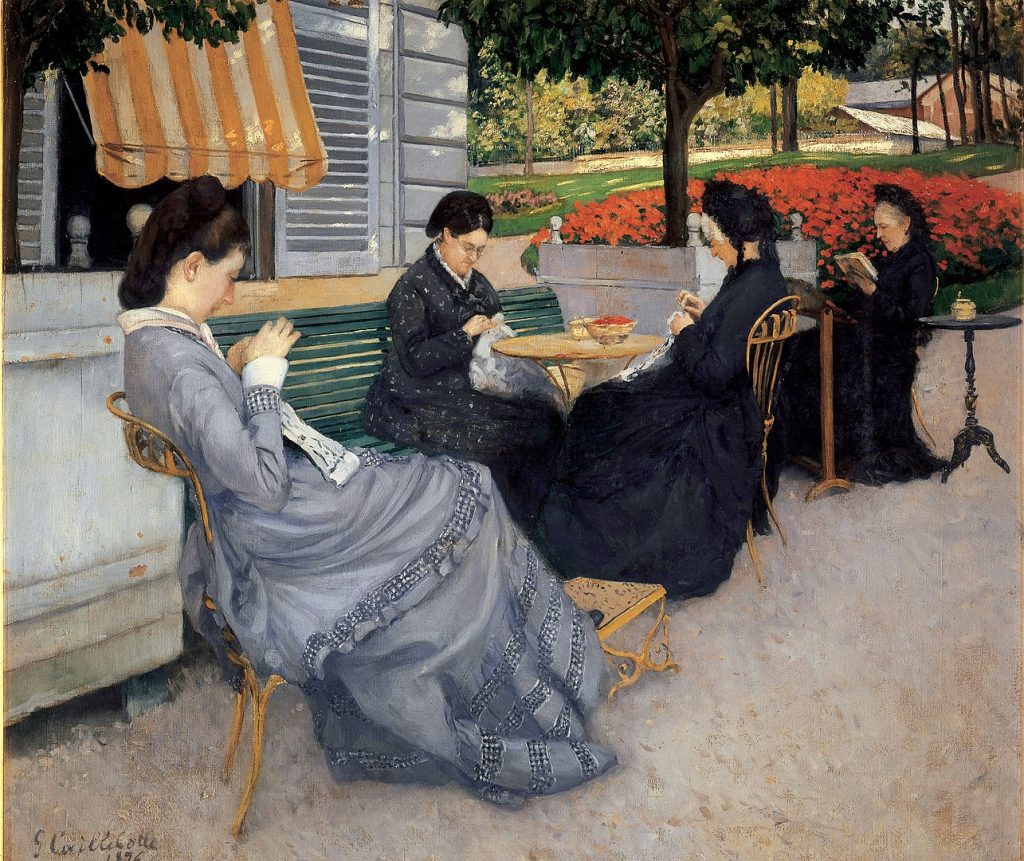Sociability • Communication
In Praise of Small Chats With Strangers
Taking time to have small chats about nothing in particular with people we don’t know and are unlikely ever to meet again can — from some perspectives — seem like the height of absurdity.
Maybe we’re in a coffee shop and someone is preparing us a drink. Perhaps we’ve crossed a neighbour in the hallway while getting our post. Or we’re on a train, waiting for the doors to open. Why would we bother to hold up our day for a few moments, given how many things we already need to do and how many good friends we have that we haven’t seen in far too long? We may also have a more high minded defence for our silence: we aspire to be profound people and there is no way that we can get anywhere meaningful with a near or complete stranger in a compressed amount of time. We shun the smaller chats because — in the back of our minds — we tell ourselves that we are already sufficiently deeply committed to the long and consequential ones.

But this is to miss the point — and the opportunities — presented by minor social exchanges. They stand, in relation to lengthy friendships, rather as haikus do next to 1,000 page novels; there are things a tiny poem can do that a comprehensive narrative will miss. There are single sentences that can mark us as much as entire volumes. There are pictures that can stick with us in a way that a three hour film won’t. We can be disproportionately and yet powerfully touched by so-called minor things.
Small sympathetic chats matter above all because few of us are ever very far from sadness and vicious despondency. There are so many reason to dislike ourselves, to be paranoid about what other people think and to regret mistakes we’ve made. When we are in a febrile or fragile mood, a short kindly exchange can be all that is needed to start turn around a deeply dark day. An enormous amount of sympathy and fellow-feeling can be compressed in the most miniscule dialogue. ‘They make them like that to torture us, don’t they?’ we might say to a parent struggling to close the zip on a child’s jacket in a sudden downpour, thereby sending a modest sign that we know how difficult things can be — and that we have in some ways been there — or somewhere like there — ourselves.
Or we might — on our way to a station — exchange one or two sympathetic words with a taxi driver about their elderly mother who, we learn, has just gone into a care home after having a fall. The chat won’t change anything in an already tricky situation but the humanity on display might notch up another argument for hope. The philosopher Arthur Schopenhauer remarked that we can never know for sure who around us may, at any particular moment, be thinking of ending their own life. The thought usefully puts into relief what might be at stake in any exchange; we may — at points and without any obvious warning -—be the last thing between someone and a decision to despair.
A charge often made against small chats is that we can surely only ever be ‘pretending’ to be friendly. Yet this is to miss out how much, and how deeply, our hearts may go out to people whose lives we merely brush against. We can imagine our way into pains whose details we will never know. We can — if it doesn’t sound too paradoxical — love a stranger. And, even more oddly, for only a minute or two.

We are — in all this — so often held back by unhelpfully grand ideas of what it means to be change the world. We imagine the requirements for improvement on such a large scale that — along the way — we end up grievously neglecting what it is actually in our powers to achieve right now, today, the next time we are out. We suffer from an upside down view of where significance can lie. We are assembled out of small things — and may live or die by their presence or absence. We have in our hands a very potent weapon already: the power to say a warm gentle sympathetic hello.

























